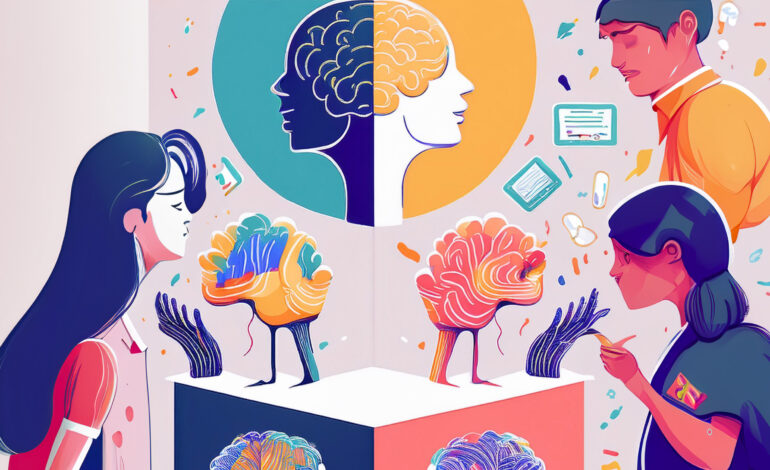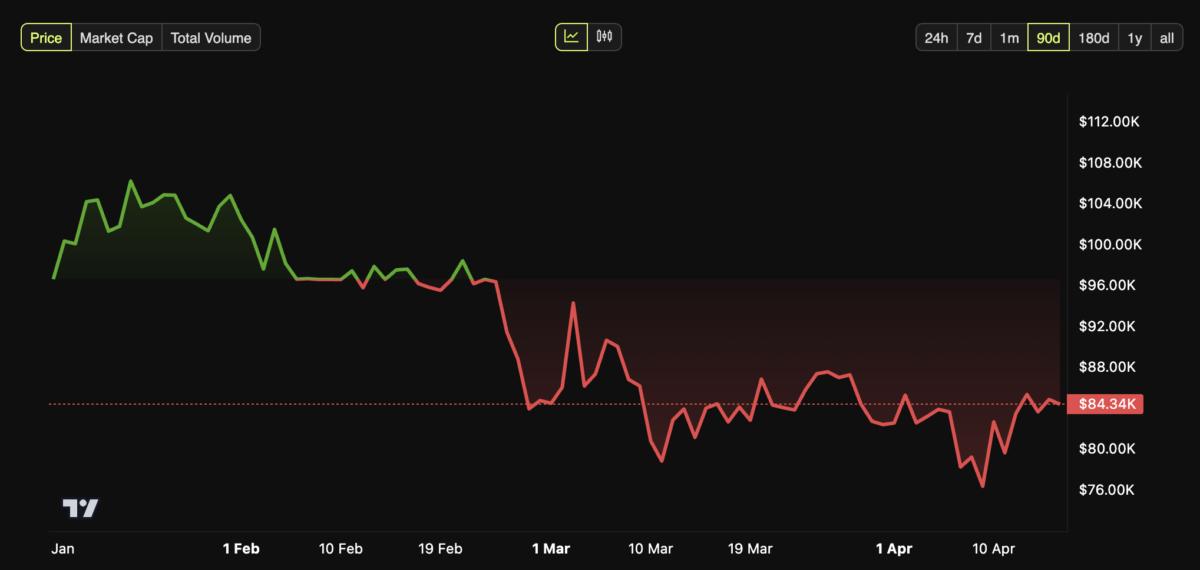AI and Brain Science: Finding Equilibrium in Gambling Addiction and Sports Betting

Gambling addiction, especially with the rise of online sports betting, has become a pressing issue in today’s society. David Stephen, a researcher in conceptual brain science, explores the complexities of gambling addiction and the role AI could play in fostering responsible gambling. By understanding the processes within the human mind, we can begin to address the challenges posed by addiction in a more informed and balanced way.
The Mind and Gambling Addiction
Gambling addiction is a multifaceted issue rooted in the brain’s electrical and chemical signals. These signals form the foundation of the human mind, organizing information and directing our actions. When it comes to gambling, specific mental processes, such as anticipation, pleasure, and consequences, become dominant. These processes are not isolated but rather interact in complex ways, often leading to a compulsive need to gamble.
During gambling, certain mental blocks—like intentionality, captivation, and craving—become more prominent. The game itself becomes a dominant mental block, overriding other functions like consequences and self-regulation. This dominance can lead to a cycle of addiction, where the game takes priority over all else, making it difficult for individuals to break free.
AI’s Role in Responsible Gambling
AI offers a promising avenue for promoting responsible gambling. By creating dynamic displays that track the mental states of individuals during gambling, AI could help identify when certain mental blocks, such as craving or anticipation, become overly dominant. This information could then be used to intervene, offering players and their loved ones insights into their behavior and helping them make more informed decisions.
AI could also be used to amplify or attenuate certain mental processes, creating a more balanced state of mind for individuals prone to gambling addiction. By adjusting the intensity of mental relays, AI could help shift focus from pleasure and anticipation to consequences and self-regulation, offering a potential pathway to equilibrium.
Understanding the Human Mind
The human mind is a complex system of electrical and chemical signals that operate across various functions, such as memory, emotions, and internal regulation. These signals are organized into distinct sets, each responsible for different functions. When it comes to gambling, certain sets of signals, such as those related to pleasure and anticipation, become dominant, leading to addiction.
However, these signals are not static. They can be influenced by external factors, such as AI interventions, which can help regulate their intensity and distribution. By understanding how these signals interact and influence behavior, we can develop more effective strategies for addressing gambling addiction.
Achieving Equilibrium
Achieving equilibrium in gambling addiction involves balancing the mental processes that drive addiction. While restrictions on gambling ads and promotions can help reduce external triggers, understanding the internal triggers within the mind is equally important. By addressing the mental processes that lead to addiction, we can create a more holistic approach to responsible gambling.
Key Facts:
- Gambling addiction is rooted in complex mental processes involving anticipation, pleasure, and consequences.
- The game becomes a dominant mental block, overriding other functions and leading to addiction.
- AI can help track and regulate mental states during gambling, promoting responsible behavior.
- Understanding the human mind’s electrical and chemical signals is key to addressing gambling addiction.
- Achieving equilibrium requires both external restrictions and internal regulation of mental processes.
As the gambling industry continues to evolve, finding a balance between innovation and responsibility will be essential. By leveraging AI and brain science, we can create a safer and more equitable environment for players and their loved ones.
Source: Gambling Insider








